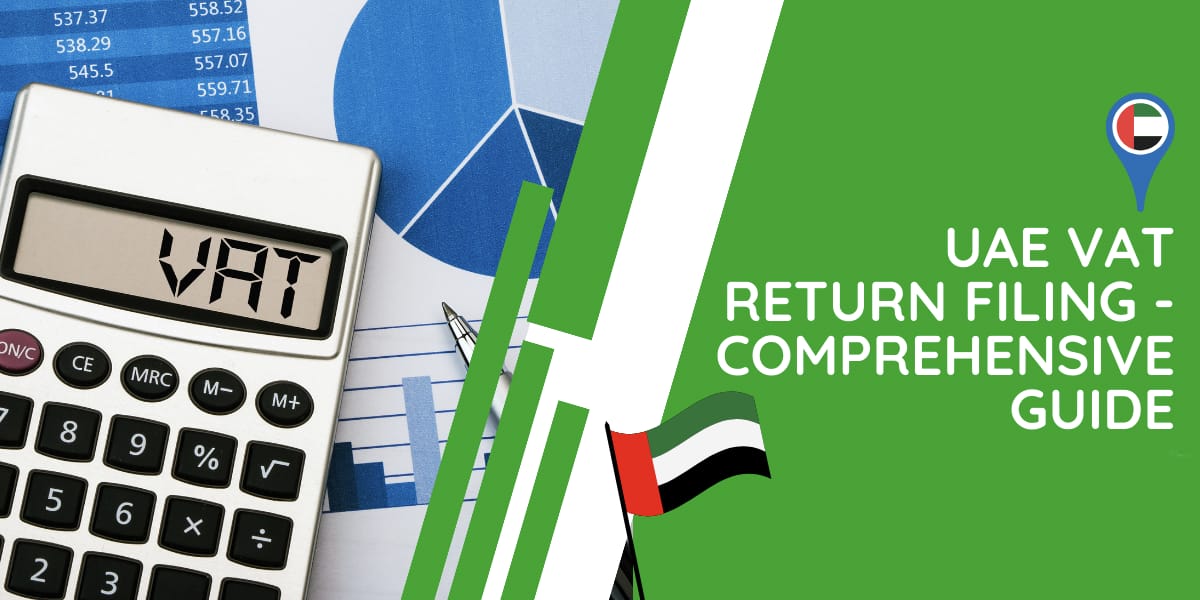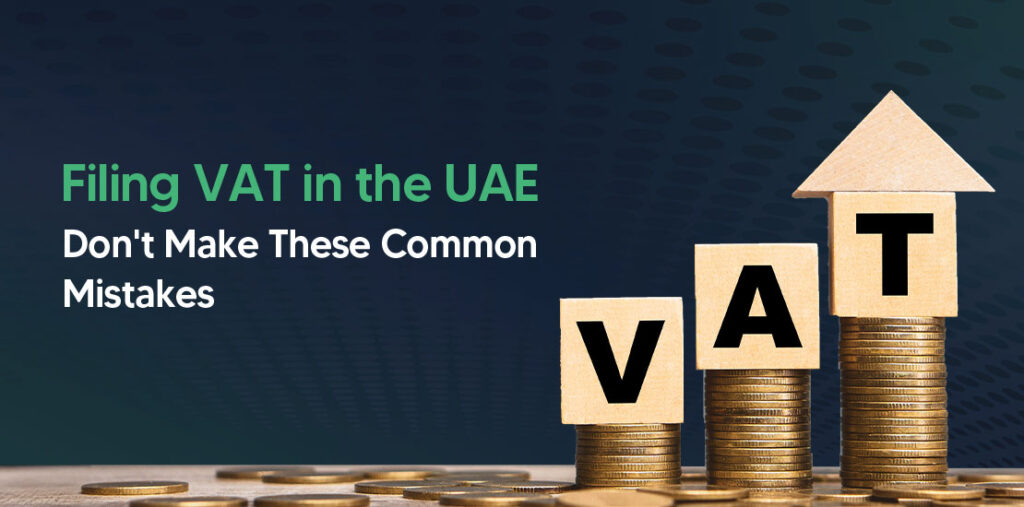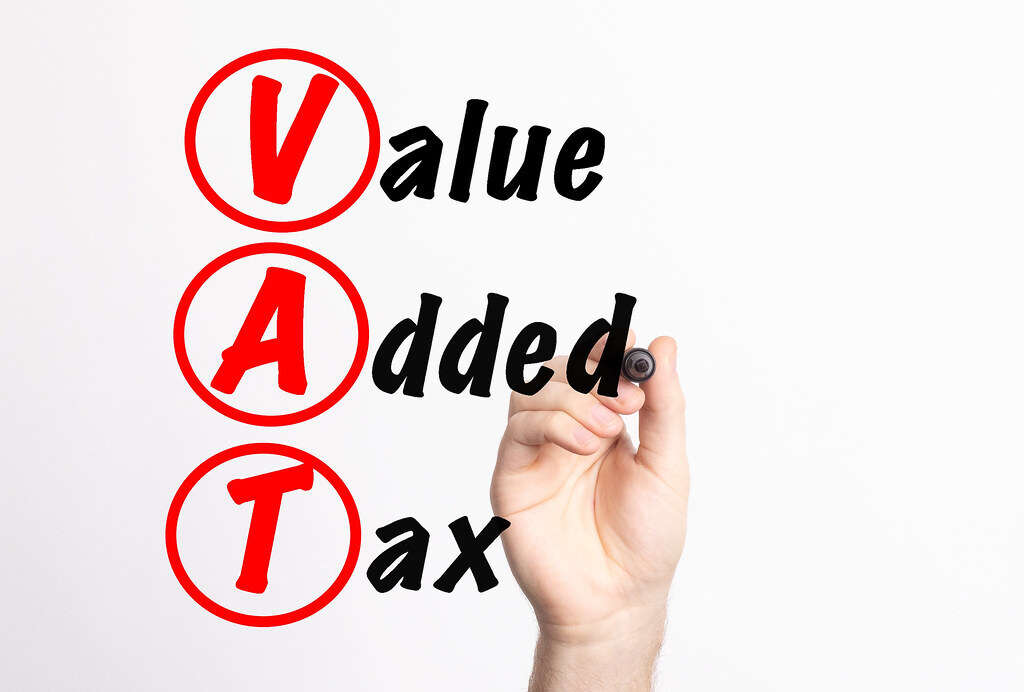VAT and Indirect Tax in Dubai: Strategies to Maximize Tax Efficiency

Introduction
In a glass tower overlooking Dubai Creek, a young entrepreneur named Kareem reviewed his company’s financials. His business was thriving, clients were happy, and invoices were pouring in. Yet something kept him awake at night: taxes. The numbers didn’t add up the way he expected. “We’re profitable,” he thought, “but where is the cash going?”
His accountant smiled knowingly. “It’s not just about what you earn. It’s about how you manage VAT and Indirect Tax in Dubai.”
That conversation marked a turning point for Kareem. He discovered that mastering tax efficiency wasn’t only about compliance, it was about strategy, structure, and foresight. This guide tells stories like his, blending practical tax insights with real business wisdom so every entrepreneur in Dubai can understand how to navigate and maximize their position within the VAT and Indirect Tax in Dubai framework.

1. The Beginning: How Dubai Redefined Taxation
Before 2018, Dubai’s business narrative was built on simplicity. The city was known for its minimal tax environment, open trade, and global appeal. But as the UAE diversified its economy, it recognized the need for a sustainable revenue base that didn’t depend on oil.
That’s when Value Added Tax (VAT) entered the story. With a modest 5 percent rate, the UAE introduced VAT across most goods and services. This wasn’t just a revenue move; it was a signal to the world that Dubai was maturing as a global business hub.
In 2025, the tax system will have evolved into a refined ecosystem where VAT and Indirect Tax in Dubai play a crucial role in every company’s financial planning. From retailers and tech startups to multinational corporations, every invoice, every transaction, and every import carries a tax story that affects profitability.
2. Understanding the Cast: Key Concepts Behind VAT and Indirect Tax
To navigate the system effectively, a business must first understand its main players. Think of these as characters in Dubai’s economic story:
- Output Tax: The VAT a company charges its customers when selling taxable goods or services.
- Input Tax: The VAT paid on purchases or expenses related to business activities. When eligible, it can be deducted from output tax.
- Zero-Rated Supplies: Goods or services taxed at 0 percent, such as exports or international transport. The supplier can still reclaim input tax.
- Exempt Supplies: Services like local transport or certain financial activities that do not include VAT, and where input tax cannot be recovered.
- Registration Threshold: AED 375,000, the point at which VAT registration becomes mandatory.
- Voluntary Registration: Available for businesses with taxable supplies above AED 187,500, allowing early VAT recovery.
- Reverse Charge Mechanism: When the buyer, not the supplier, accounts for VAT crucial for cross-border transactions.
- Deemed Supply: When a business provides goods or services without charge, such as gifts to staff, it must still record a taxable event.
Each concept influences how a company’s cash flows, costs, and compliance are managed. Understanding them transforms tax from a burden into a competitive advantage.
3. The Registration Journey: A Business Story
Imagine a new consulting firm in Dubai called Horizon Strategies. For months, it operated under the radar with modest billings. But as contracts grew, revenue reached AED 380,000, crossing the Mandatory VAT Registration threshold.
The founders faced a choice: treat registration as a routine process or as a strategic milestone. They chose the latter.
By registering early, they avoided penalties and immediately began reclaiming VAT on office equipment, professional tools, and marketing services. This move gave them smoother cash flow and greater credibility with corporate clients.
Even smaller startups often choose voluntary registration, not because they must, but because it allows them to claim VAT refunds UAE on early-stage costs. In an environment as dynamic as Dubai, being proactive often determines who scales successfully.
4. The Flow of VAT: From Invoice to Efficiency
VAT might appear complex, but its flow within a business follows a logical path, and mastering it determines how efficiently a company operates.
When a Dubai business issues an invoice, it adds 5 percent VAT to the total. This is output tax. At the same time, every expense that includes VAT becomes input tax.
At the end of each filing period, businesses calculate:
Net VAT = Output Tax – Input Tax.
If the result is positive, the company owes the Federal Tax Authority (FTA). If negative, it’s entitled to a refund, which is where the VAT refund process begins.
For instance, a digital marketing agency spends AED 100,000 on campaigns and collects AED 80,000 in VAT from clients. After offsetting the input and output, they realize they have overpaid. Through the VAT refund process, they can reclaim that amount, improving liquidity and reinvesting in growth.

5. Strategies to Maximize Tax Efficiency
Smart companies don’t just comply; they plan. Here are the strategic methods that turn VAT and Indirect Tax in Dubai into a business advantage:
5.1 Optimize Input Tax Recovery
- Keep accurate, well-organized documentation.
- Claim input VAT only on business-related purchases.
- Distinguish between exempt and taxable supplies to avoid losing recovery rights.
- Review supplier invoices for errors; even small mistakes can disqualify input claims.
5.2 Use Voluntary Registration Wisely
Voluntary registration isn’t just about compliance. It’s a cash-flow tool. Businesses below the threshold can recover VAT on expenses before turning profitable, which is essential during growth phases or capital investments.
5.3 Plan Purchases Strategically
If your company expects major purchases soon, timing VAT registration can save thousands. By registering before those transactions, you can reclaim the VAT later under the VAT refunds UAE regulations.
5.4 Review Tax Classifications Regularly
Misclassifying services as exempt instead of taxable can lead to missed refunds or unexpected liabilities. Annual reviews help maintain accuracy and avoid costly corrections.
5.5 Conduct VAT Health Checks
Regular audits of VAT records and reconciliations prevent disputes during inspections. Businesses that maintain clarity in filings often enjoy smoother VAT refund process approvals.
6. The Real-World Challenges
No business story is complete without challenges, and VAT is no exception.
6.1 Late Filings and Penalties
Failure to submit returns or payments on time results in fines. Even administrative errors missing an invoice or misreporting an amount, can attract scrutiny.
6.2 Misclassification and Exemption Errors
Many companies mistakenly classify local services as zero-rated or exempt, leading to underpaid VAT and potential audits.
6.3 Documentation Lapses
The FTA demands strong records to justify claims. Missing invoices or vague descriptions can lead to rejection of VAT refunds UAE.
6.4 Deemed Supplies
Businesses that give away products, offer employee perks, or make non-monetary exchanges must still account for VAT. Forgetting to do so can result in backdated liabilities.
7. Success Story: From Compliance to Growth
Let’s return to Kareem, our entrepreneur from the introduction.
When he first registered for VAT, it felt like a burden. But with professional advisory guidance, he restructured his operations. His company separated local and export supplies, documented every international transaction, and aligned supplier invoices with FTA standards.
Within six months, he discovered the magic of VAT refunds UAE. Instead of losing liquidity, he was reclaiming thousands through the VAT refund process, which he reinvested into expanding his business.
His story reflects a growing trend among Dubai businesses that view tax as a tool, not a threat, and often emerge stronger and more resilient.
8. The Digital Twist: VAT in the Age of Influencers and E-Commerce
Dubai’s digital economy has transformed tax compliance into a dynamic landscape. Online sellers, app developers, and influencers all fall under VAT and Indirect Tax in Dubai.
A social media influencer who earns income through brand partnerships, gifted products, or event sponsorships must declare these as taxable supplies. Similarly, e-commerce platforms handling cross-border sales must apply the reverse charge mechanism for foreign transactions.
Digital service providers based abroad but serving UAE consumers must also register and file VAT, even without a physical presence. Compliance in this space ensures smoother business continuity and strengthens brand credibility.
9. The Future of Indirect Tax in Dubai
As the UAE deepens its integration with global tax frameworks, several trends are shaping the next chapter:
- E-invoicing & Real-Time Reporting: Expected to simplify audits and improve transparency.
- Corporate Tax Integration: VAT and corporate tax planning will increasingly overlap, requiring coordinated strategies.
- Expansion of Indirect Taxes: Excise and environmental levies may grow as part of the sustainability agenda.
- Digital Oversight: Tax authorities are likely to monitor e-commerce, social media, and virtual trade more closely.
Businesses that stay informed and agile will thrive in this evolving environment.
10. The Lesson: Turning Compliance into Advantage
At its core, VAT and Indirect Tax in Dubai represent more than regulatory requirements. They form part of a strategic framework that rewards discipline, foresight, and accurate record-keeping.
Companies that approach taxation with the same energy they devote to marketing or innovation often gain an edge. Through efficient systems, strong documentation, and timely filings, they ensure compliance while unlocking financial value through VAT refunds UAE.
In Dubai’s fast-paced economy, tax efficiency is no longer a niche skill; it’s a business survival tool.

Conclusion
Every business in Dubai has its own story. Some struggle with compliance, while others use tax planning to grow faster and stronger. The difference lies in awareness and execution.
From understanding the fundamentals of VAT and Indirect Tax in Dubai to mastering the VAT refund process, success depends on how strategically a company manages its obligations.
Those who review, plan, and optimize not only minimize risk but also unlock cash that can be reinvested into innovation and expansion.
In 2025 and beyond, Dubai Business & Tax Advisors (DBTA) continues to guide organizations through these transformations, ensuring that what once felt like an administrative burden becomes a pathway to profit, sustainability, and long-term confidence.
For more: https://www.gettoplists.com/



